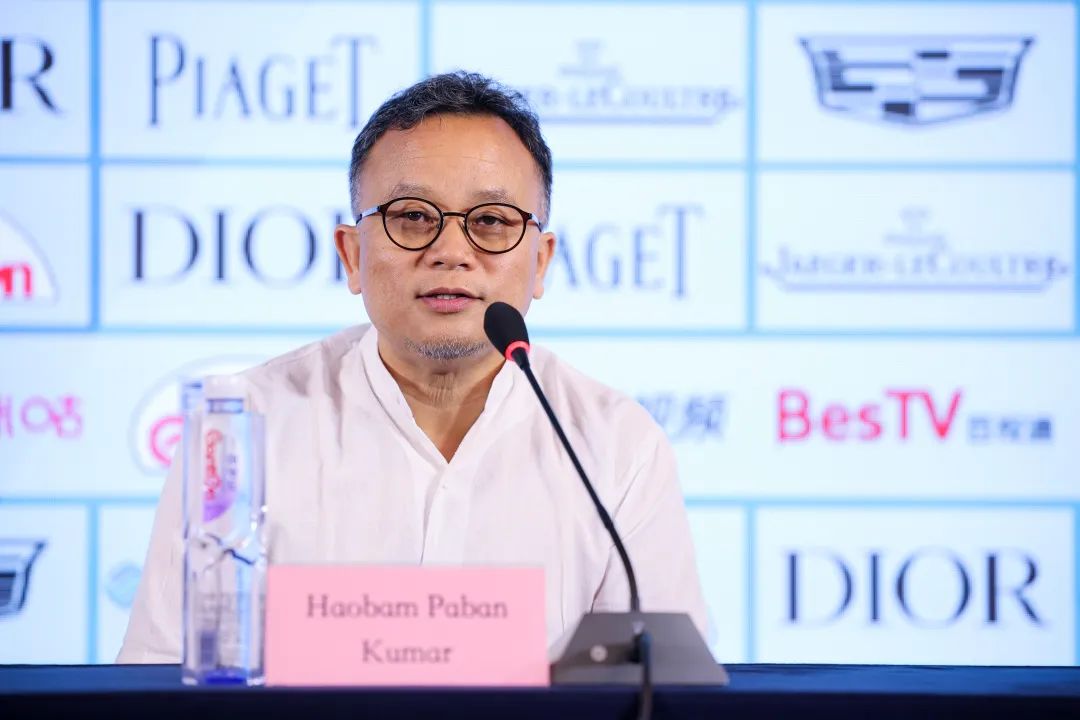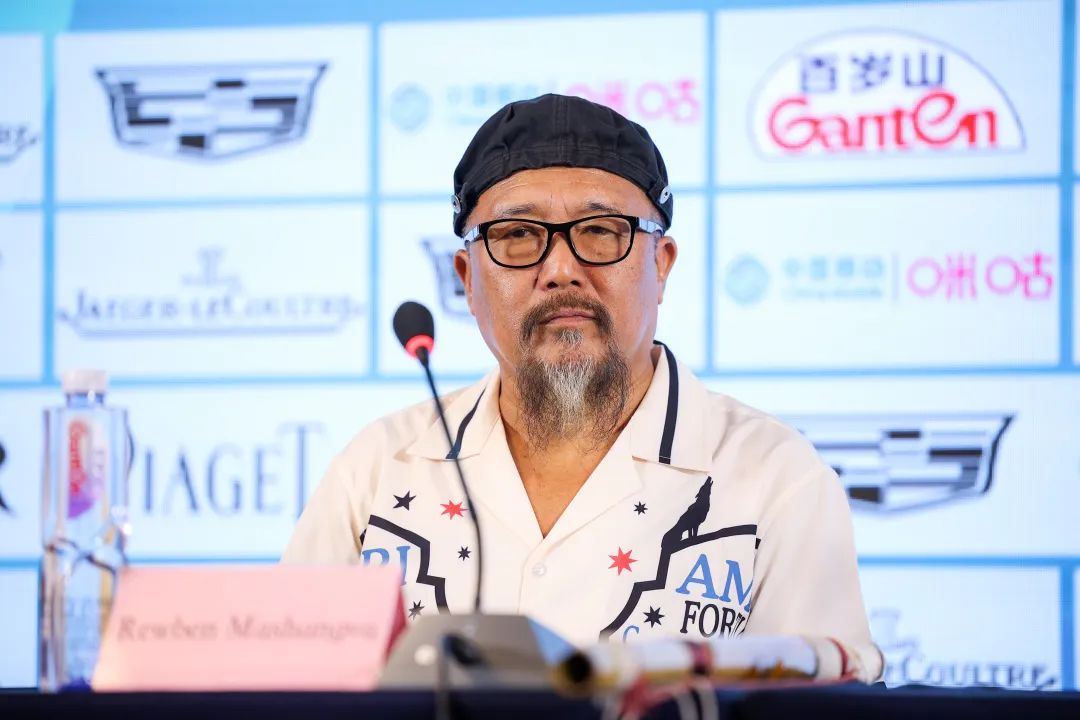Entry for Golden Goblet Awards | JOSEPH’S SON: Long Shorts for Wrath Pervading Homeland
On the afternoon of June 13, the world premiere and cast meeting of JOSEPH’S SON, finalist for the main competition of Golden Goblet Awards at the 25th Shanghai International Film Festival (SIFF) were held in the presence of director Haobam Paban Kumar, actor Rewben Mashangva and producer P P Math.

Record, and what’s more, reflection
The Indian film JOSEPH’S SON tells a story in the 1990s, of a father who is forced to embark on a journey to find his missing son in the north-eastern Indian state of Manipur, which is plagued by rebellions and tribal clashes, with heavy casualties and displaced people. He is confronted with violence and conflict time and again in the process, leaving him filled with fear for his future life.
JOSEPH’S SON is another film by director Haobam Paban Kumar on the theme of insurgency, following his debut film Woman on the Lake, which presents a side-by-side view of the society and history of Manipur from the perspective of the victims. The director said that he would always keep an eye on what was happening in Manipur because he grew up there. Documenting the story of what happened here is like chronicling his own upbringing, and with this film he hopes to cause people to reflect on whether such conflicts worth it. Haobam Paban Kumar says, “Manipur is like a microcosm, where people are constantly fighting for their resources; and I feel it’s my duty to speak out about these tough social issues in the real world. I wish we could turn the situation.”

The identity and work experience as documentary filmmaker has influenced Haobam Paban Kumar immensely, and he is used to shooting long shots with a fixed hand-held camera, to portray the mental sufferings behind the strong masks of ordinary people effortless. Being asked what the special meaning of such long shots is, the director replied, “Long shots are magical, since they can not only show the beautiful scenery of Manipur, but convey the continuation of emotions.”
Music, and moreover, hope
Answering questions from the media, Haobam Paban Kumar mentioned, “This is the first time I have used music in a film and I think it's because Rewben Mashangva’s music is just wonderful and the idea of using his music came late in my script. Rewben Mashangva is a wonderful artist, so I wanted to associate his music with my content.”
It is worth noting that Rewben Mashangva is in the film and he is a folk musician rather than a professional actor. He brought one of his handmade Manipur bamboo flutes to the meet and greet and performed a piece of music. This hollow bamboo flute is amazing, informed by a tone lightly melancholic yet with a hint of hope. Director Haobam Paban Kumar was fond of this instrument and featured both the instrument and the music in the film.

Rewben Mashangva mentioned that he was both excited and confused when he was chosen to play the lead role. Although he has had many public performances as a musician, it was the first time he had acted in front of the camera. However, he was able to mobilize his life experiences and could fit in well with the role in the film because the conflicts and contradictions that occurred in Manipur were real and Rewben Mashangva had his own personal experience. His wrath but helplessness at the current situation also secured him through the shooting.







